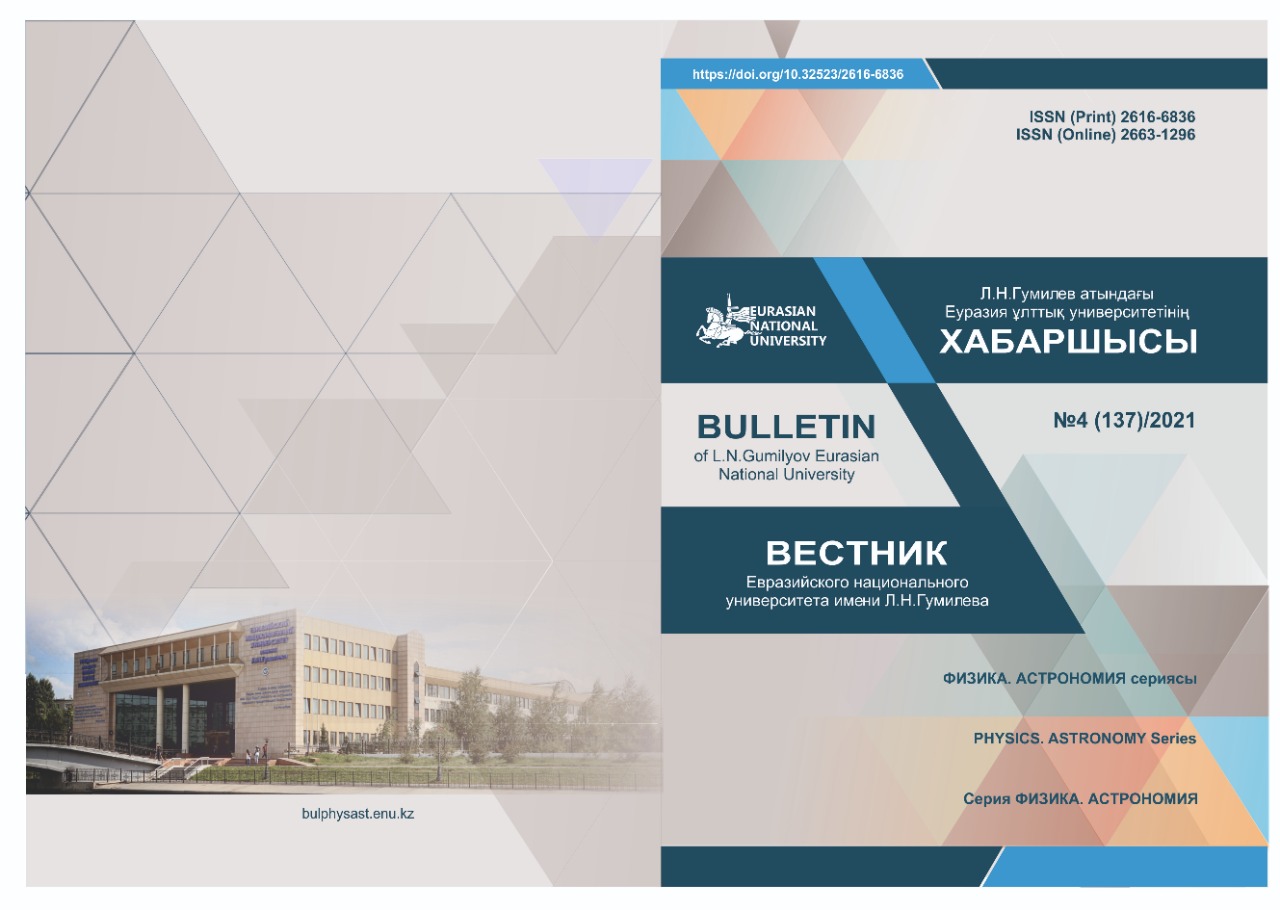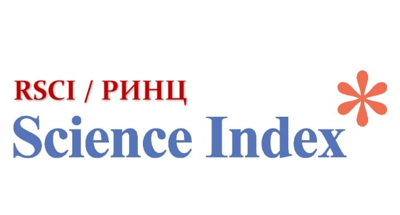Kinetic stability of glass states of cryocondensates of organic molecules at low temperatures
Views: 240 / PDF downloads: 136
DOI:
https://doi.org/10.32523/2616-6836-2021-135-2-49-56Abstract
the article provides a deep understanding of the processes and studies of cryovacuum condensates of glass-forming molecules obtained from the gas phase at low and very low temperatures. This is due to the fact that the resulting cryovacuum condensate films have unique properties that, even at a sufficiently high freezing rate, cannot be achieved by freezing from the liquid phase. In particular, it should be noted that a number of properties depend on the cryopreservation temperature, in particular, on the distance from the transition temperature to the glass. The objects
of these ideal studies can be simple organic molecules such as methane, methanol, ethanol, freon 134A and 134, as well as carbon tetrachloride. At T=70 K, the transition from the amorphous glassy state to the liquid-solid cooled phase occurs, after which its crystallization in the temperature
range of 75-78 K passes into the plastic crystalline state - a cubic volume-centered structure with a directionally unregulated rotating subsystem. At T = 78-80 K, the transformation of the plastic crystal into a monoclinic crystal begins, which ends at T = 83 K.










